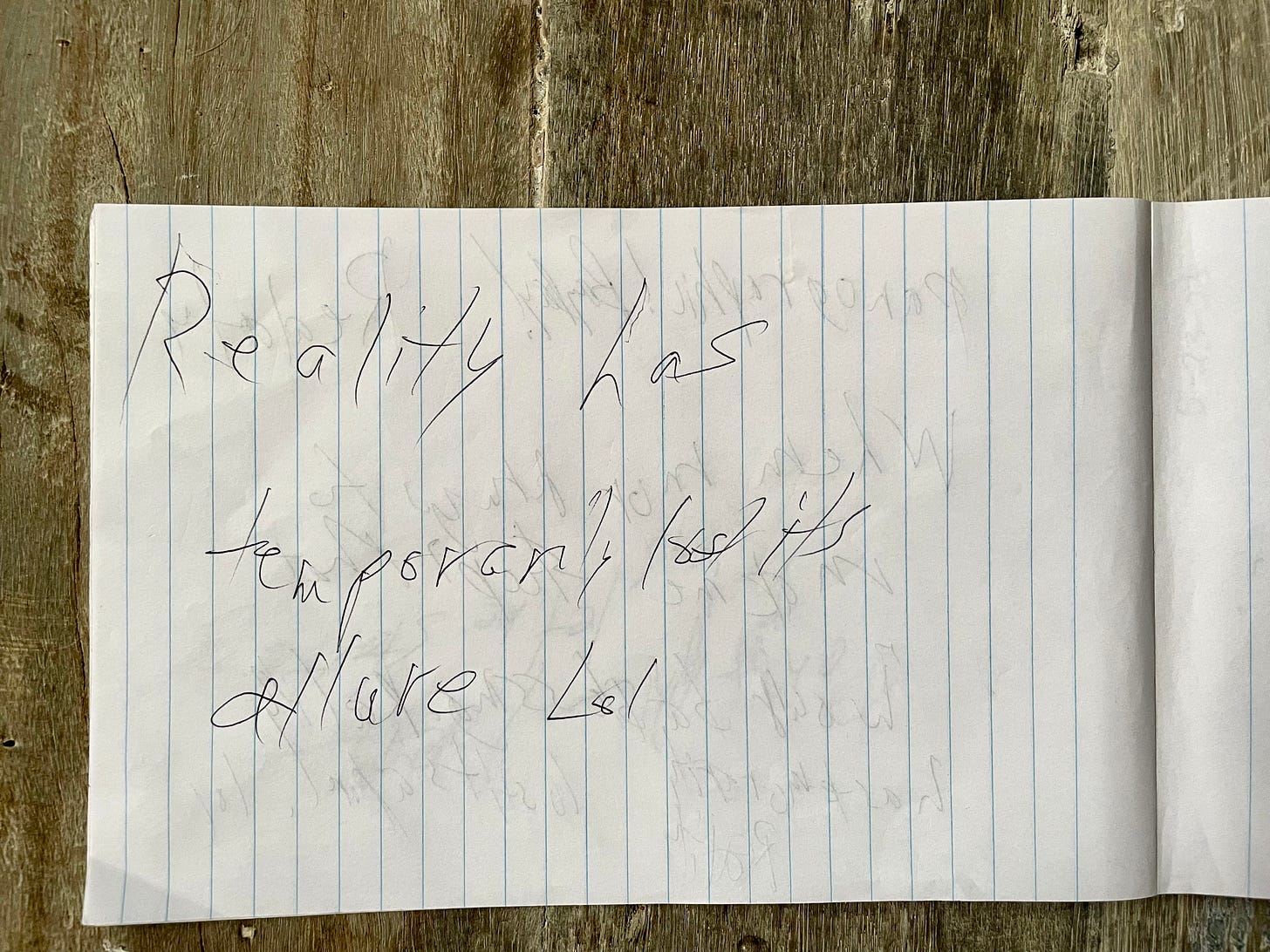Get Your Toolkit Ready for the Next Challenge
What helps you cope when adversity comes your way?

When I wrote about rare disease and mental health a couple of weeks ago, I had no idea what was coming.
The day after hitting “publish,” I found myself in the emergency department of our fine university medical center for the second time in a month. I didn’t know it yet, but this visit would be worse.
My medical team took an aggressive approach against the myasthenia gravis ravaging my body, including multiple rounds of IVIg infusions. Before these treatments could take effect, the disease started to impact my breathing. They put me on a ventilator.
Having been intubated in 2015 for 12 days, I had already learned some things about ventilator time:
Intubation is an incredibly helpful and surprisingly safe and simple procedure that saves lives every day.
The overall process carries psychological impacts that can be long-lasting, and we don’t fully understand them or give them the attention they merit.
Every intubation should come standard with a notebook and pen.
You’re unable to talk while ventilated, of course. The inability to communicate is stressful and can add to the patient’s anxiety. Knowing this, and knowing my tendency to be expressive (a kinder way of saying “you sure talk a lot”), my incredible wife Michele had a notebook and pen ready for when the sedation began wearing off.
Over the course of four days, I almost filled it up.
Now that I’m back home, reading through the pages has given me a fuller picture of my experience there. I see moments where I had legitimate questions to help me understand what was taking place or what would come next. There are emotional messages to family members expressing my love and appreciation for their support. And there are many (many) pages of what can only be described as sedation humor. (The image above is a note I apparently wrote as the initial sedation began wearing off. Like several of the pages, I don’t recall writing this.)
Apparenly, humor is a major tool in my adversity tactical kit. If a fella can make a ventilator funny, a fella can better tolerate being on a ventilator, right?
This story presents us with a few takeaways as we close out Mental Health Awareness Month:
Brace yourself. I foolishly thought “that was rough but I’m glad it’s all behind me now” after my April/May hospitalization, not knowing a worse episode was coming 10 days later. There are always new challenges down the road, and reserving some mental space for coping with them helps keep us balanced.
Do what works for you. Humor helps me cope with adversity, as does faith, music, and family. Identifying your tools in the good times will help you better navigate the bad times.
Stay connected. When you hit a rough patch in life, your people can be your greatest resource. Relationships with those you love and who love you are vital to navigating adversity. Cultivate those relationships every day.
What’s in your adversity toolkit? Share your thoughts in the comments.




I hope you are doing better, Stephen!